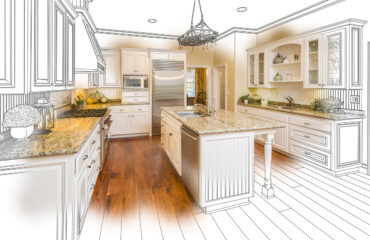Porcelain slabs are an innovative and unique solution for countertops, table tops, stairs, doors, window frames, wall cladding, flooring and vanity applications. As a result, the porcelain slab has many huge locations to use in your home and workplace, just like any other material, it has its pros and cons. Here are some advantages and disadvantages of porcelain slabs:
Pros:
- Durability: Durability is crucial to the customer’s needs. Porcelain countertops are extremely durable and resistant to scratches, heat,Scratch, Stain Resistant, surface is also imprtant part of porcelain slab , The surface of the porcelain slab is also crucial, with features available in porcelain slab which is Germ-Free Hygienic Surface Smooth Touch Surface , Spill Proof Surface. They can withstand heavy use and are less likely to chip or crack compared to natural stone materials.
- Stain Resistance: Porcelain is non-porous, which means it doesn’t absorb liquids or stains as easily as some other materials. Because of this, it’s a fantastic option for kitchens where spills and stains are frequent.
- Hygienic: Porcelain slabs are a hygienic and practical alternative for a wide range of applications, particularly when cleanliness and durability are critical factors.
The non-porous nature of porcelain also makes it resistant to bacteria and mold growth, making it a hygienic choice for food preparation areas.
- Easy Maintenance : Porcelain countertops can usually be cleaned quickly and easily with a moist cloth or mild cleaning detergent. There is minimal need for sealing or extra maintenance procedures because there are no pores.
The porcelain slabs are simple to clean with just soap and water because of their smooth, non-porous surface. The surface is less likely to harbor bacteria and germs, making it a sanitary option for places where cleanliness is important.

- Variety of Designs : Porcelain countertops are available in a variety of colors, patterns, and textures. Some are inspired by actual stone, such as marble or granite, while others have contemporary or distinctive designs.
extensive selection offers a plethora of designs, colors, and patterns, providing endless options to create a truly unique and personalized space.

- Resistance: Porcelain is highly resistant to fading and discoloration due to UV rays, making it suitable for both indoor and outdoor applications. Porcelain slabs provide various resistant characteristics, such as High Tensile Strength and stain resistance.
- Environmentally Friendly: Architectural aspirations with the sustainable design ideology embodied by technical porcelain slab.
Porcelain countertops are frequently manufactured from natural materials, and their durability and low care requirements can help to promote sustainability.

Cons:
- Cost: Porcelain countertops can be quite expensive, especially if you’re considering premium designs or larger slabs. The initial cost might be higher than other materials like laminate or some natural stones.
- Installation Complexity: Porcelain countertops are heavy and require careful installation. Special tools and techniques may be needed, which can add to the installation cost
- Brittleness: While porcelain is highly durable, it can still be brittle and may chip or crack if subjected to a strong impact. This is especially true for the edges and corners of the countertop.
- Limited DIY Options: Due to their installation complexity and weight, DIY installation of porcelain countertops is generally not recommended. Professional installation is usually necessary, which adds to the overall cost.
When considering porcelain countertops, it’s important to weigh these pros and cons against your specific needs, preferences, and budget. If you prioritize durability, stain resistance, and a wide range of design options, porcelain countertops could be a great choice for your space.





